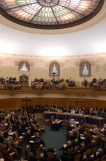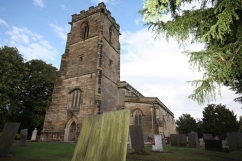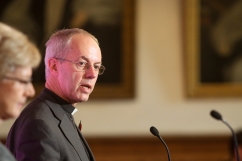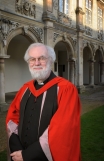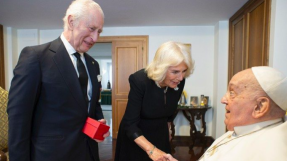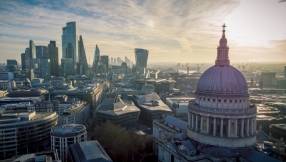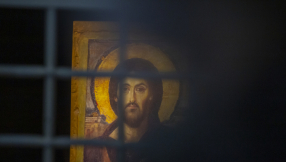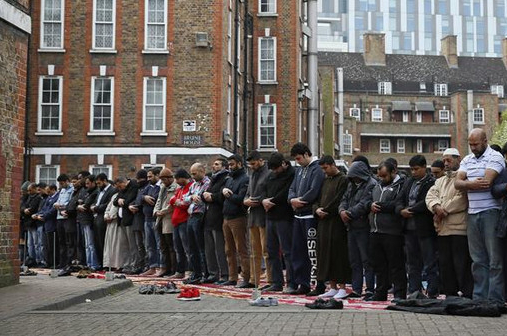
The future of religion in Britain is in black majority churches and Islam, according to a leading expert in religious trends.
For white British people, it is particularly bleak. Leaders who can inspire and build congregations are few and far between.
"Most ordained ministers are good, well meaning people with the leadership ability of bank managers," says Professor David Voas, who specialises in population studies at Essex University.
Statistics show that Islam and newer forms of Christianity are overhauling the Church of England as white Britons lose their taste for worship.
He says: "The future of religion in Britain is to be found in Islam and the black majority churches. Muslims already contribute ten per cent of British births; within several decades people of Muslim heritage will form ten percent of the population, even if immigration came to an abrupt halt tomorrow.
"If even half are observant, they will form a substantial proportion of the religiously active population. Ethnic minority Christians will have another large share."
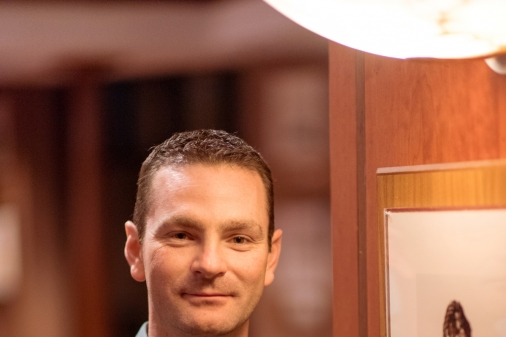
Professor Voas reveals the latest trends in a blog for the thinktank Theos which is published as the Church of England prepares to debate reforms to structure, training and mission at the General Synod which meets tomorrow in Church House, Westminster.
"While the secularisation of consciousness in the West is an ongoing process, the secularisation of behaviour has reached the point of no return," he writes.
He says the leaders of the major Christian denominations are asking the wrong question. The issue is not why people are staying away from church but why anyone would go to church.
"The onus is on churches to offer something that people want and would have difficulty finding anywhere else."
He says it is more about community than religion, and the problem is that local churches "are not especially attractive".
"The elderly may need people, but for the young there are simply too many alternative ways of spending time."
While about half of English people born early in the 20th century still declare their affiliation to the Church of England, just one in 20 of those born at the end of the century do so. All Protestant denominations are similarly affected.
In addition, belief in God has taken a battering, he writes.
In another blog for the same Theos series, David Goodhew, director of ministerial practice at Cranmer Hall, Durham, says the new "atheist church" in north London illustrates the secularisation of Britain. But the picture is more complex than that, he continues, with a proliferation of new and growing churches in parts of the country.
He argues that while it is often assumed that as Britain gets more ethnically diverse, it gets less Christian in fact the reverse is the case and that Roman Catholicism is being significantly boosted due to migration. In addition, at least 5,000 new congregations have started in Britain since the 1980s, mostly from new churches.
"Looking forward, evidence suggests that, alongside considerable potential for death, Christianity in Britain also has considerable potential for resurrection in the coming decades."
Nick Spencer of Theos writes that a new edition of Professor Grace Davie's influential book on Religion in Britain since 1945 is shortly to be published under a new title, Religion in Britain: A Persistent Paradox. Theos is hosting a debate on the subject next week with Prof Davie.










